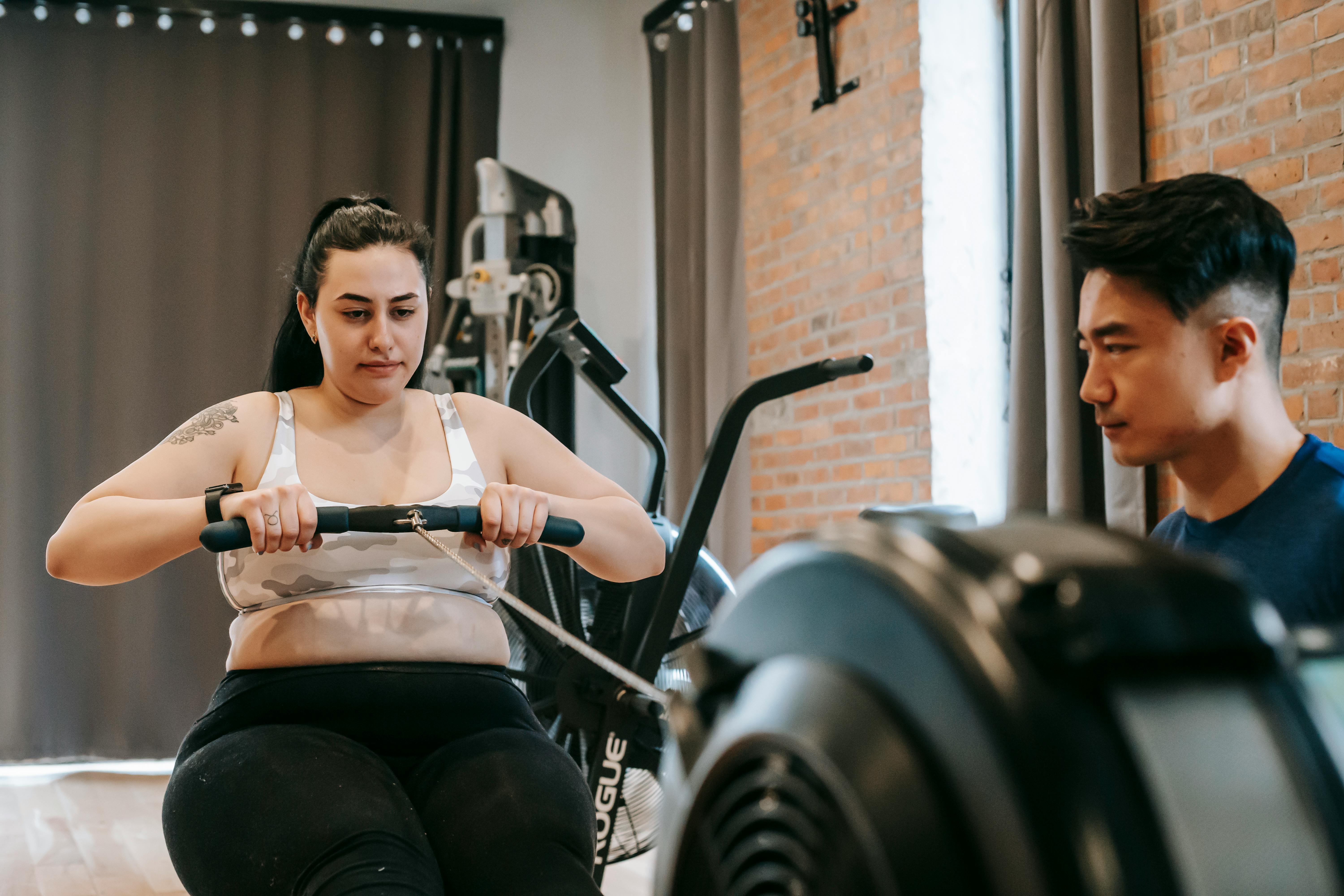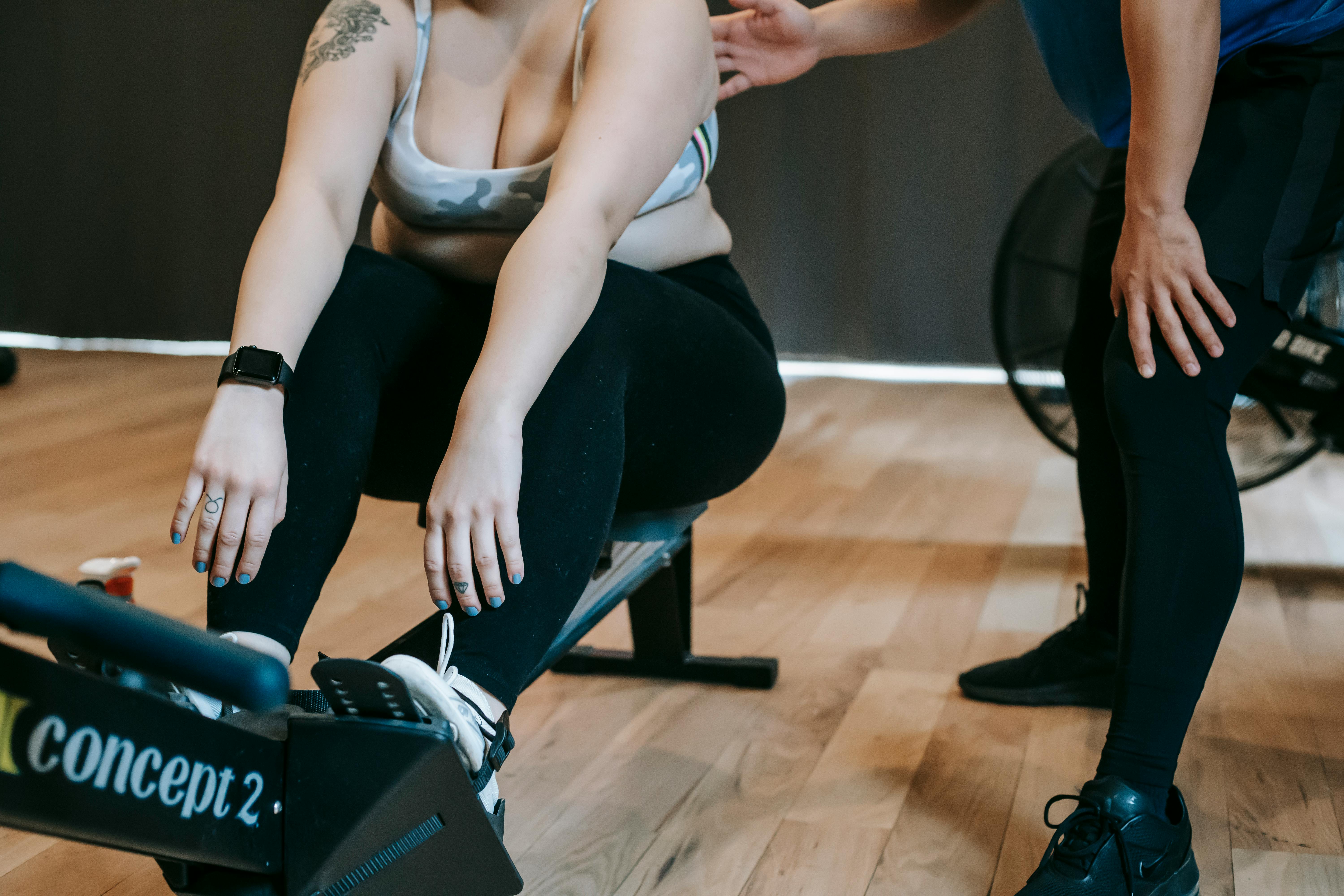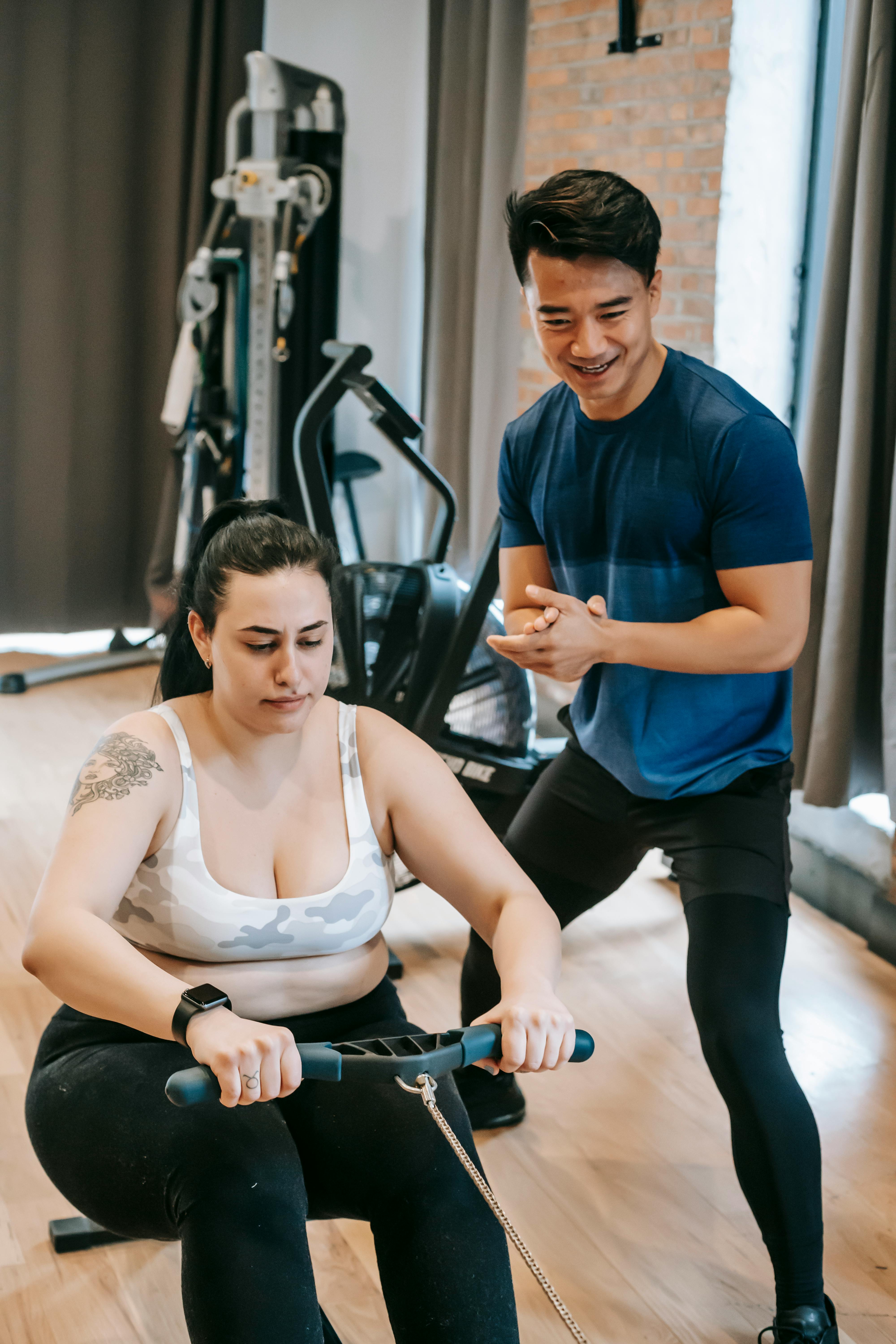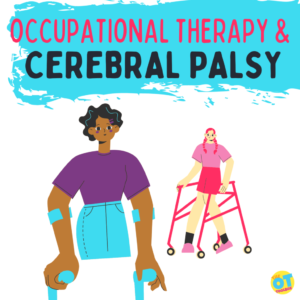So, you’re thinking about becoming a pediatric occupational therapist, huh? Well, let me break it down for you. Becoming a pediatric occupational therapist requires a significant amount of dedication and time, but don’t worry, it’s nothing you can’t handle. Typically, it takes about 6 to 7 years of college education to become a pediatric occupational therapist, which includes earning a bachelor’s degree and then completing a master’s program in occupational therapy. This might sound like a long road, but if working with children and helping them overcome obstacles is your passion, then it’s a journey well worth taking.
Education requirements
To become a pediatric occupational therapist, there are specific education requirements that need to be fulfilled. These requirements include obtaining a bachelor’s degree in a related field, completing a graduate degree in occupational therapy, and specializing in pediatric occupational therapy. These educational milestones play a crucial role in developing the necessary knowledge and skills to work effectively with children in a therapeutic setting.
Bachelor’s degree in a related field
The first step towards Becoming a pediatric occupational therapist is acquiring a bachelor’s degree in a related field. This typically involves completing a four-year undergraduate program that provides a solid foundation in the relevant subjects. Students may choose to pursue a bachelor’s degree in fields such as psychology, kinesiology, or biology, as these areas offer coursework that aligns with the prerequisites for occupational therapy programs.
Graduate degree in occupational therapy
After completing a bachelor’s degree, aspiring pediatric occupational therapists must pursue a graduate degree in occupational therapy. This advanced level of education delves deeper into the theoretical and practical aspects of the field, equipping students with the necessary expertise to work with children. Graduate programs in occupational therapy usually span 2 to 3 years and cover a range of subjects related to human development, anatomy, therapeutic techniques, and evidence-based practice.
Specialization in pediatric occupational therapy
To specialize in pediatric occupational therapy, students may choose to focus their graduate coursework and fieldwork experiences on this area of practice. Specialization allows therapists to gain in-depth knowledge and skills specifically tailored to working with children in various developmental stages. Throughout their graduate education, students are exposed to specialized topics related to pediatric conditions, assessment methods, intervention techniques, and treatment planning, all of which are crucial for effective and targeted therapy with pediatric clients.
Undergraduate education
Undergraduate education serves as the foundation for a career in pediatric occupational therapy. During this time, students acquire essential knowledge and skills that will prepare them for their graduate studies and future professional practice. Here are some key components of undergraduate education for aspiring pediatric occupational therapists:
Completion of a four-year bachelor’s degree program
To pursue a career in pediatric occupational therapy, it is essential to complete a four-year bachelor’s degree program. This program should ideally be in a field related to healthcare, human sciences, or psychology. However, it is worth noting that specific undergraduate majors may not be required by all graduate occupational therapy programs. While some institutions may offer pre-occupational therapy tracks, others may require students to complete prerequisite coursework that covers subjects like anatomy, physiology, psychology, child development, and other occupational therapy prerequisites.
Relevant coursework in anatomy, physiology, psychology, child development, and occupational therapy prerequisites
During undergraduate studies, students pursuing a career in pediatric occupational therapy should take courses in various subjects related to the field. These courses aim to provide foundational knowledge in areas such as anatomy, physiology, psychology, child development, and occupational therapy prerequisites. By gaining a comprehensive understanding of these core subjects, students develop the necessary background knowledge to excel in their graduate studies and clinical practice.
Exposure to clinical settings through internships or volunteer work
Another crucial aspect of undergraduate education is gaining exposure to clinical settings through internships or volunteer work. Many educational institutions offer opportunities for students to engage in hands-on experiences in healthcare settings, including hospitals, clinics, or rehabilitation centers. These experiences allow aspiring pediatric occupational therapists to observe professionals in action, interact with patients, and develop a deeper understanding of the impact occupational therapy can have on individuals’ lives. Such exposure also helps students make informed decisions about their future career paths and develop a passion for pediatric occupational therapy.

Graduate education
Once students complete their undergraduate studies, they must pursue a graduate degree in occupational therapy to advance their knowledge and skills in the field. The focus of graduate education is to prepare students to become competent, compassionate, and effective pediatric occupational therapists. Here are the key elements of graduate education for pediatric occupational therapists:
Completion of a master’s or doctoral program in occupational therapy
To qualify as a pediatric occupational therapist, individuals must complete a master’s or doctoral program in occupational therapy. These graduate programs aim to build upon the foundation acquired during undergraduate studies and provide specialized knowledge and skills in the field of occupational therapy. Master’s programs usually take around two years to complete, while doctoral programs may require an additional year or more. The completion of a graduate program ensures that individuals are equipped with the necessary qualifications to provide therapy to pediatric clients.
Curriculum focused on pediatric occupational therapy
Graduate programs in occupational therapy offer a curriculum that focuses on various aspects of pediatric occupational therapy. These curricula cover topics such as pediatric conditions, assessment methods, intervention techniques, treatment planning, and documentation specific to working with children. Students learn about the unique challenges and considerations involved in providing therapy to pediatric clients and develop the skills necessary to address their specific needs effectively.
Advanced coursework in research, assessment, intervention, and documentation
Throughout their graduate studies, students undertake advanced coursework in research, assessment, intervention, and documentation. These courses provide in-depth knowledge and practical skills in conducting research relevant to pediatric occupational therapy, evaluating the needs and progress of pediatric clients, developing intervention plans, and documenting client outcomes. By mastering these essential components, pediatric occupational therapists can provide evidence-based therapy and track the effectiveness of their interventions.
Fieldwork requirements
Fieldwork experiences are an integral part of the educational journey to becoming a pediatric occupational therapist. These experiences provide students with the opportunity to apply their knowledge and skills in real-world settings, working under the guidance of experienced professionals. Here are the key components of fieldwork requirements for aspiring pediatric occupational therapists:
Completion of supervised fieldwork experiences in pediatric settings
As a part of their graduate education, students must complete supervised fieldwork experiences in pediatric settings. These experiences give students the opportunity to work directly with pediatric clients and develop their clinical skills under the supervision of experienced occupational therapists. During fieldwork, students engage in various activities such as evaluation, treatment planning, and intervention for children with a range of conditions. These practical experiences allow students to observe the impact of their interventions and gain invaluable insights into working with children in clinical practice.
Hands-on experience with evaluation, treatment planning, and intervention for children with various conditions
Fieldwork experiences provide aspiring pediatric occupational therapists with hands-on experience in evaluating, planning interventions for, and providing therapy to children with various conditions. Through these experiences, students learn how to assess a child’s functional abilities, identify areas for improvement, and develop individualized treatment plans. They also gain experience in implementing therapy techniques and strategies that address the unique needs and challenges of pediatric clients. Engaging in direct client care during fieldwork helps students refine their clinical skills and become comfortable working with children of different age groups and developmental stages.
Opportunities to work with children of different age groups and developmental stages
Fieldwork requirements often encompass opportunities to work with children of different age groups and developmental stages. This exposure allows aspiring pediatric occupational therapists to gain a comprehensive understanding of the diverse needs and challenges faced by children at various developmental milestones. By working with infants, toddlers, school-aged children, and adolescents, students learn how to tailor their interventions to meet the unique requirements of each age group. This broad range of experiences further equips them to provide effective and specialized therapy to children of all ages and backgrounds.

Licensure and certification
Licensure and certification are essential steps towards becoming a practicing pediatric occupational therapist. These processes ensure that therapists meet the necessary standards of competency and adhere to the legal and ethical guidelines governing the profession. Here are the key components of licensure and certification for pediatric occupational therapists:
Passing the National Board for Certification in Occupational Therapy (NBCOT) exam
After completing their graduate studies, aspiring pediatric occupational therapists must pass the National Board for Certification in Occupational Therapy (NBCOT) exam. This exam assesses their competency and knowledge in the field of occupational therapy. Successful completion of the NBCOT exam demonstrates that therapists have met the minimum standards required to practice as occupational therapists. The exam covers various areas, including pediatrics, with a focus on the evaluation, intervention, and documentation of pediatric clients.
Obtaining state licensure to practice as an occupational therapist
In addition to passing the NBCOT exam, pediatric occupational therapists must obtain state licensure to practice in their respective states. Each state has its own set of requirements and regulations for licensure, which typically involve submitting an application, providing proof of education and passing exam scores, and undergoing a background check. Obtaining state licensure ensures that therapists meet the specific standards and criteria set forth by the state in which they intend to practice.
Maintaining continuing education credits to renew licensure
To maintain their licensure as pediatric occupational therapists, professionals must complete continuing education credits on an ongoing basis. Continuing education helps therapists stay up-to-date with the latest advancements in the field, gain new knowledge and skills, and ensure the provision of high-quality care to their pediatric clients. These requirements may vary from state to state, but typically involve accumulating a certain number of continuing education credits within a specified time frame. Continuing education credits can be earned through attending workshops, seminars, conferences, or online courses related to pediatric occupational therapy.
Additional training
In addition to meeting the education, fieldwork, and licensure requirements, pediatric occupational therapists often pursue additional training opportunities that allow them to specialize in specific areas or strengthen their expertise. These trainings enhance their skills and knowledge, enabling them to provide optimal care to their pediatric clients. Here are some key components of additional training for pediatric occupational therapists:
Participating in workshops, seminars, and conferences
Pediatric occupational therapists can benefit from participating in workshops, seminars, and conferences that focus on topics relevant to their practice. These events provide opportunities for therapists to engage with experts in the field, share knowledge, and learn about the latest research and best practices in pediatric occupational therapy. Workshops and seminars may cover specific aspects of pediatric therapy, such as sensory integration, feeding therapy, or hand therapy, allowing therapists to gain specialized knowledge and skills in these areas.
Completing specialized certifications in areas like sensory integration, feeding therapy, or hand therapy
Specialized certifications can further enhance the expertise of pediatric occupational therapists. Certifications in areas such as sensory integration, feeding therapy, or hand therapy validate the therapist’s specialized knowledge and skills in these specific domains. These certifications often involve additional coursework, supervised practice, and the successful completion of an examination to demonstrate proficiency in the respective area. By pursuing specialized certifications, therapists can expand their scope of practice and provide more comprehensive care to their pediatric clients.
Continuing education to stay updated on advancements in pediatric occupational therapy
Continuing education is not limited to maintaining licensure but also serves as a means to stay updated on advancements and new developments in pediatric occupational therapy. Pediatric occupational therapists should engage in ongoing learning through professional literature reviews, online resources, and other educational materials. Staying up-to-date with the latest research, evidence-based practices, and treatment techniques allows therapists to continuously refine their skills and provide the most relevant and effective interventions to their pediatric clients.

Experience requirements
Gaining practical experience is another crucial aspect of becoming a pediatric occupational therapist. Experience can be acquired through internships, clinical rotations, or entry-level positions, providing opportunities to work under the supervision of experienced professionals and develop key clinical skills. Here are the key components of experience requirements for aspiring pediatric occupational therapists:
Gaining practical experience through internships, clinical rotations, or entry-level positions
Aspiring pediatric occupational therapists can gain practical experience through internships, clinical rotations, or entry-level positions in healthcare settings. These opportunities allow students or recent graduates to work alongside experienced therapists and apply their knowledge and skills in a clinical setting. By working with pediatric clients under supervision, individuals acquire practical experience and develop the ability to assess needs, plan interventions, and provide therapy effectively.
Working under the supervision of experienced pediatric occupational therapists
Working under the supervision of experienced pediatric occupational therapists provides invaluable guidance and mentorship for aspiring therapists. Supervisors can provide feedback, share their expertise, and help individuals refine their clinical skills. This experience also exposes therapists to different approaches and perspectives, and allows them to gain insight into successful therapeutic techniques and strategies. Under the guidance of these experienced professionals, therapists can develop confidence in their abilities and continue to grow as practitioners.
Building a diverse caseload and developing skills in assessment and intervention
During their experience requirements, pediatric occupational therapists have the opportunity to build a diverse caseload, working with children of varying ages, conditions, and developmental stages. This exposure allows therapists to develop a wide range of assessment and intervention skills. By working with a diverse caseload, therapists become adept at tailoring their approaches to meet the unique needs of each child. Gaining experience in assessment and intervention techniques is crucial for providing effective and targeted therapy, promoting optimal development and functional independence in pediatric clients.
Professional development
Professional development plays a crucial role in the ongoing growth and success of pediatric occupational therapists. Engaging in professional organizations, seeking mentorship, and staying up-to-date with the latest research and best practices are all essential aspects of professional development. Here are the key components of professional development for pediatric occupational therapists:
Engaging in professional organizations and networks
Pediatric occupational therapists should actively engage in professional organizations and networks relevant to their field. These organizations provide opportunities for networking, collaboration, and professional growth. Membership in such organizations allows therapists to stay connected with peers, gain access to educational resources, and participate in conferences, workshops, and other professional development activities. By engaging in these organizations, therapists can stay informed about the latest research, trends, and advancements in pediatric occupational therapy.
Participating in mentorship programs or seeking mentorship from experienced practitioners
Mentorship is a valuable component of professional development in pediatric occupational therapy. Aspiring therapists can benefit greatly from seeking mentorship from experienced practitioners who can provide guidance, share their knowledge and expertise, and offer support throughout their careers. Participation in formal mentorship programs or seeking out individual mentors can help therapists navigate the challenges and complexities of the profession, further develop their clinical skills, and gain insights into career advancement opportunities.
Staying up-to-date with research and best practices through literature reviews and online resources
Staying up-to-date with research and best practices is essential for providing quality care as a pediatric occupational therapist. Therapists should regularly review professional literature, research articles, and industry publications. This habit ensures that therapists are aware of the most recent advancements, evidence-based interventions, and emerging trends in the field. Online resources, webinars, and professional blogs can also serve as valuable sources of information, providing therapists with convenient access to the latest updates, studies, and best practices in pediatric occupational therapy.
Average time to become a pediatric occupational therapist
The time required to become a pediatric occupational therapist depends on several factors, including educational pathways, fieldwork requirements, licensure and certification processes, and additional training. On average, the journey to becoming a pediatric occupational therapist can be broken down into the following components:
- Undergraduate education: Typically takes 4 years to complete.
- Graduate education: Master’s programs usually take around 2 years to complete, while doctoral programs may require an additional year or more.
- Fieldwork requirements: Typically range from 6 to 12 months, depending on the specific program and requirements.
- Licensure and certification: This process can vary in duration, as it involves passing the NBCOT exam and obtaining state licensure, which may require additional paperwork and processing time.
- Additional training and experience: Ongoing throughout a therapist’s career, with opportunities for specialized certifications, continuing education, and gaining practical experience.
When considering the average time to become a pediatric occupational therapist, it is important to note that individual circumstances and choices can influence the overall duration of the journey. Factors such as enrollment status (full-time vs. part-time), the availability of prerequisite courses and fieldwork placements, personal commitments, time management, and efficiency in completing degree requirements and passing licensure exams can all affect the time required to become a practicing pediatric occupational therapist.
In conclusion, becoming a pediatric occupational therapist requires a combination of education, fieldwork, licensure and certification, additional training, experience, and ongoing professional development. The journey to becoming a competent and compassionate pediatric occupational therapist involves completing a bachelor’s degree, pursuing a graduate degree in occupational therapy, specializing in pediatric occupational therapy, gaining practical experience through fieldwork, obtaining licensure and certification, and engaging in continuous learning. While the average time to become a pediatric occupational therapist can span several years, the knowledge and skills acquired throughout the process lay the foundation for a fulfilling and rewarding career, dedicated to helping children reach their full potential.



